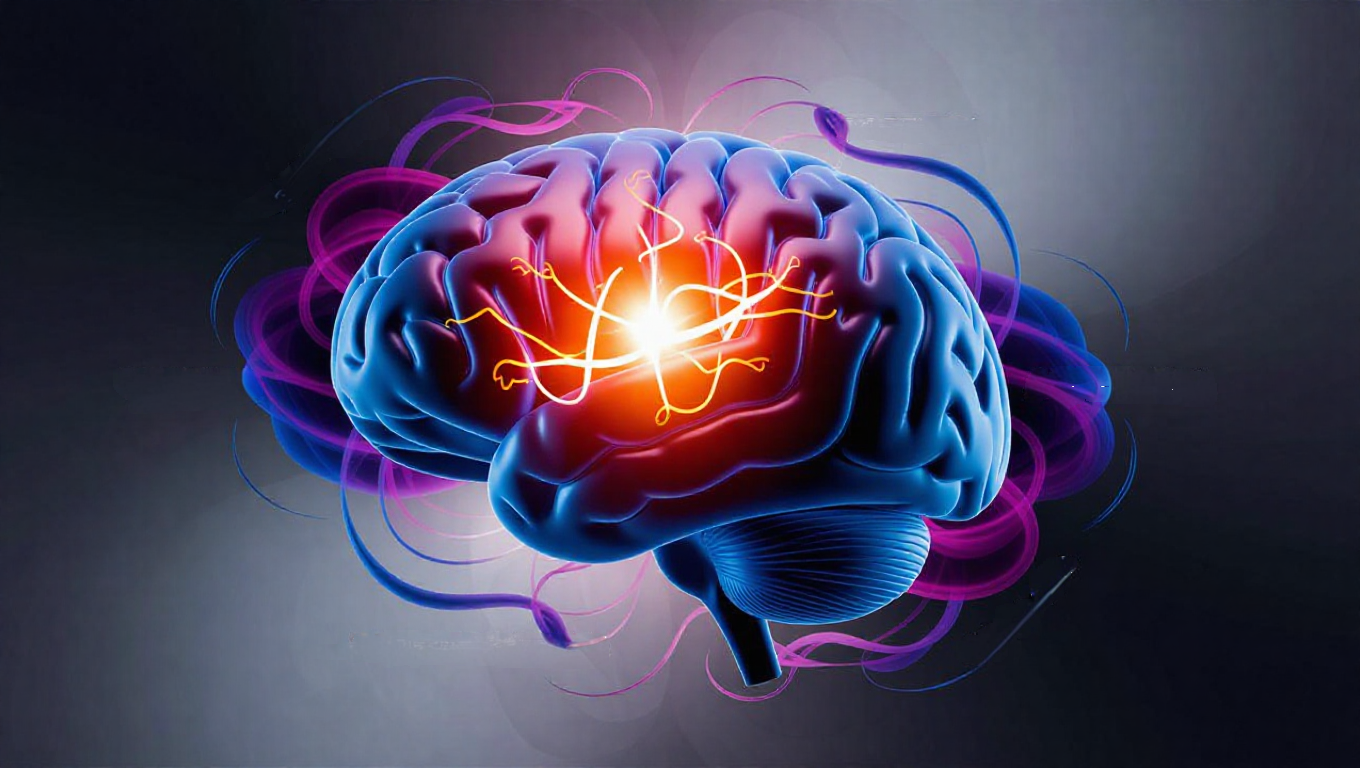The Science of Stress: How Your Brain Responds Under Pressure
Introduction
Imagine your brain as a superhero, always on the lookout, ready to spring into action when danger lurks—this is your brain on stress. In today's fast-paced world, stress is a constant companion, lurking behind every corner and waiting to pounce when least expected. But what exactly happens in our brains when stress strikes? How does this superhero of a brain react to these everyday challenges?
In this blog post, we’ll dive into the fascinating world of neuroscience to uncover the science behind stress and how our brains manage it. You will learn about the intricate processes that kick in when you're stressed and how understanding these processes can be a game-changer for your mental health and overall well-being. By the end of this read, you’ll have a clearer picture of why stress feels the way it does and how you can harness this understanding to lead a healthier, more balanced life. So, buckle up and get ready to explore the superhero powers of your brain!
The Biology of Stress: What Happens in the Brain?
When you're faced with stress, your brain springs into action, like a superhero ready to save the day. The amygdala, a small, almond-shaped part of your brain, is crucial in this process. It identifies potential threats and sends a signal to the hypothalamus, another brain region. This signal tells your body to get ready for action, triggering what scientists call the "fight or flight" response. This response is essential for survival, helping you either confront the problem or get away from it quickly.
Once the hypothalamus receives the signal, it communicates with your adrenal glands, perched on top of your kidneys, to release stress hormones like cortisol and adrenaline. These hormones prepare your body to tackle the stressor by increasing your heart rate, boosting your energy levels, and sharpening your focus. Cortisol, in particular, helps maintain your alertness and provides the energy needed to face challenges.
However, while this response is vital during short-term emergencies, problems arise when stress becomes a frequent visitor. Chronic stress can lead to an overproduction of these hormones, which can have harmful effects on your health. According to research, too much cortisol over time can increase the risk of anxiety, heart disease, and other health issues (McEwen, 2007; Chrousos, 2009). So, while your brain's stress response is a powerful tool for survival, it's essential to manage stress levels to keep your brain and body healthy.
The Role of Stress Hormones: Cortisol and Adrenaline
When you find yourself in a stressful situation, your body has a remarkable way of preparing to handle it. This is known as the "fight or flight" response, and it's powered by stress hormones, mainly cortisol and adrenaline. These hormones are like your body's emergency response team, ready to spring into action when needed.
The process begins in your brain, specifically in an area called the amygdala. The amygdala senses danger and sends a signal to the hypothalamus, which is like your brain's headquarters for stress management. The hypothalamus then tells your adrenal glands to release cortisol and adrenaline into your bloodstream.
Cortisol is often called the "stress hormone" because it helps your body deal with stressors. It increases your energy by raising your blood sugar levels and helps your body access the energy it needs to respond to challenges (McEwen, 2007). On the other hand, adrenaline is responsible for the sudden burst of energy you feel when you're scared or excited. It speeds up your heart rate, increases your breathing, and boosts your senses, making you more alert and ready to act.
While this stress response is essential for survival, it's important that it doesn't happen too often. Continuous release of cortisol and adrenaline can lead to health problems like anxiety or heart disease (Chrousos, 2009). That's why managing stress and giving your body time to relax is crucial for maintaining good health. Understanding how cortisol and adrenaline work can help you better manage your stress and keep your body in balance.
Techniques for Managing Stress Effectively
Managing stress effectively is crucial for maintaining good health and well-being. When you feel stressed, your body activates what is known as the "fight or flight" response. This is a survival mechanism that prepares you to either face a challenge or escape it. While this response can be helpful in short bursts, too much stress over time can lead to problems like anxiety or heart disease.
Understanding how your brain and body react to stress is the first step in managing it. The amygdala, a part of your brain, detects stress and signals the hypothalamus to start the stress response. This involves the release of hormones like cortisol and adrenaline from the adrenal glands. Cortisol helps you stay alert, while adrenaline increases your heart rate and energy levels.
To manage stress effectively, it's important to engage in activities that can help reduce these hormone levels. Techniques such as mindfulness meditation and deep breathing exercises can be very effective. Mindfulness helps you stay in the present moment, reducing negative thinking patterns that can increase stress. Deep breathing, on the other hand, activates your body's relaxation response, lowering your heart rate and blood pressure.
Regular physical activity also plays a significant role in stress management. Exercise increases the production of endorphins, chemicals in the brain that act as natural painkillers and mood elevators. Additionally, maintaining a balanced diet and getting enough sleep can support your body in managing stress better.
By understanding and implementing these techniques, you can keep stress in check and protect your health. Remember, it's not just about surviving; it's about thriving even when life gets challenging.
Conclusion
In conclusion, understanding how stress impacts our brain is essential for maintaining good health. When we recognize the effects of stress, we can see how it influences our mood, memory, and even our decision-making. By grasping these insights, we can take steps to protect our brains and overall well-being.
An important takeaway from this discussion is the power of stress management techniques. Whether it's practicing deep breathing, engaging in regular physical activity, or setting aside time for hobbies, these strategies can significantly enhance our quality of life.
As a next step, I encourage you to explore various stress management resources. There are plenty of books, websites, and apps available that offer guidance and support. Remember, if stress ever feels overwhelming, seeking help from a professional is a strong and positive step. By taking action, we can all work towards a healthier, more balanced life where stress doesn't have the upper hand.
Quick Summary
- Stress triggers a complex response in the brain, involving important areas like the amygdala.
- Hormones such as cortisol and adrenaline are crucial in how the body reacts to stress.
- Managing stress effectively can help prevent negative long-term effects on brain health.

